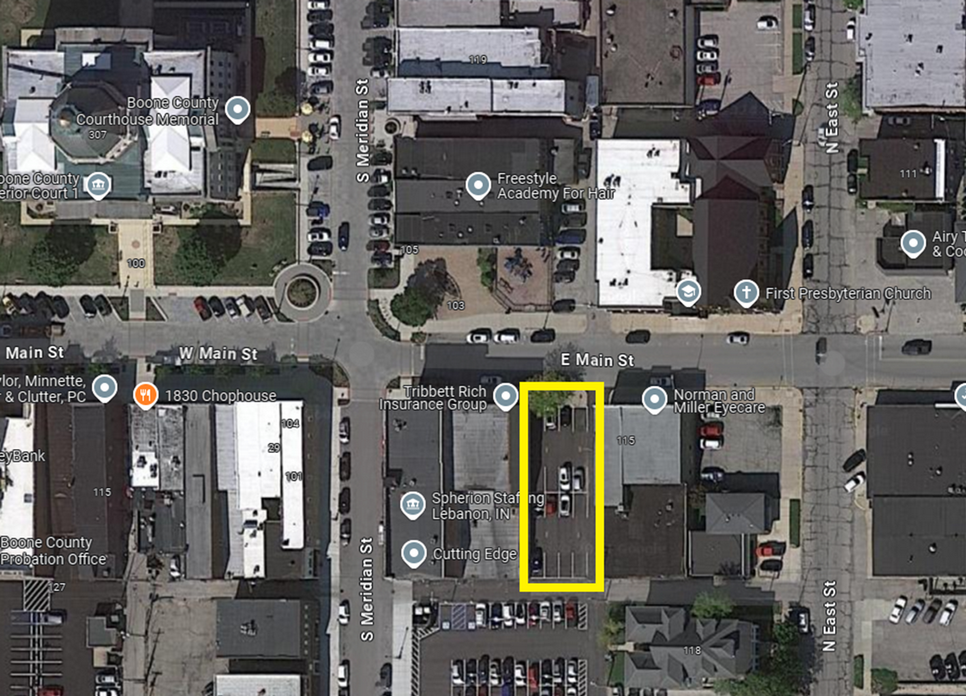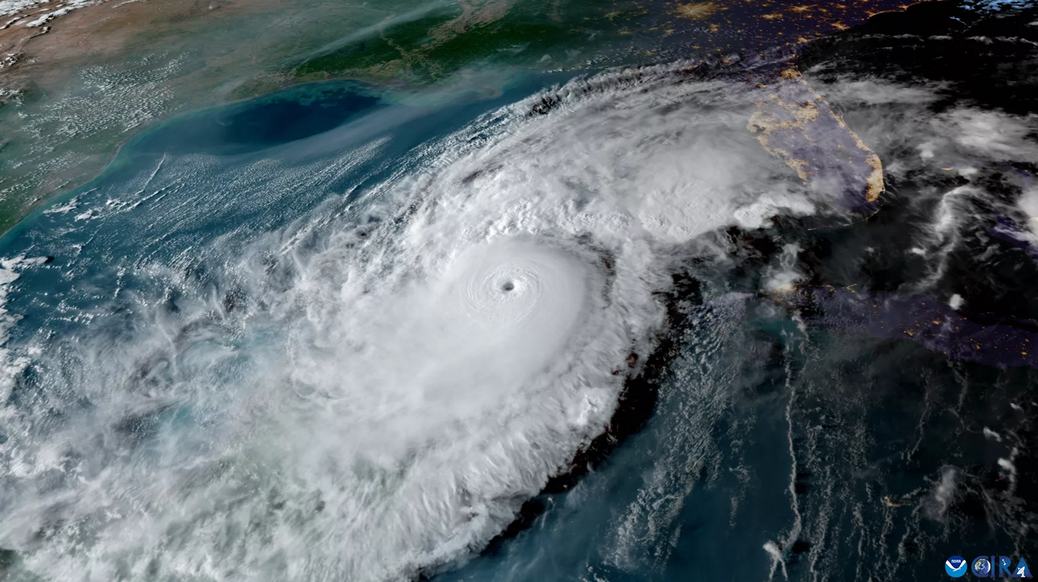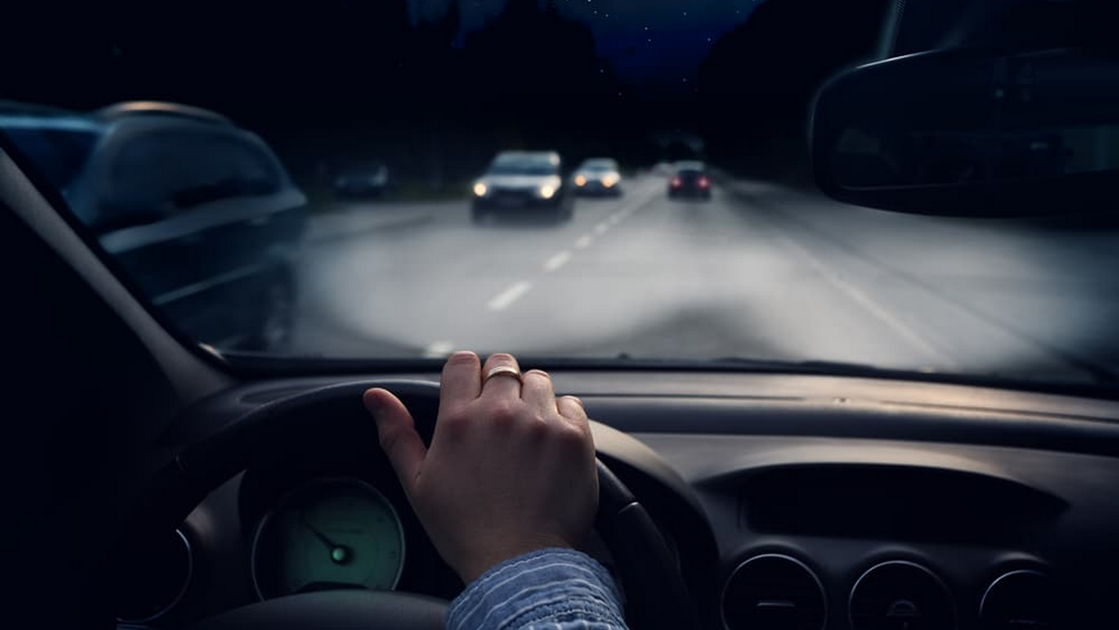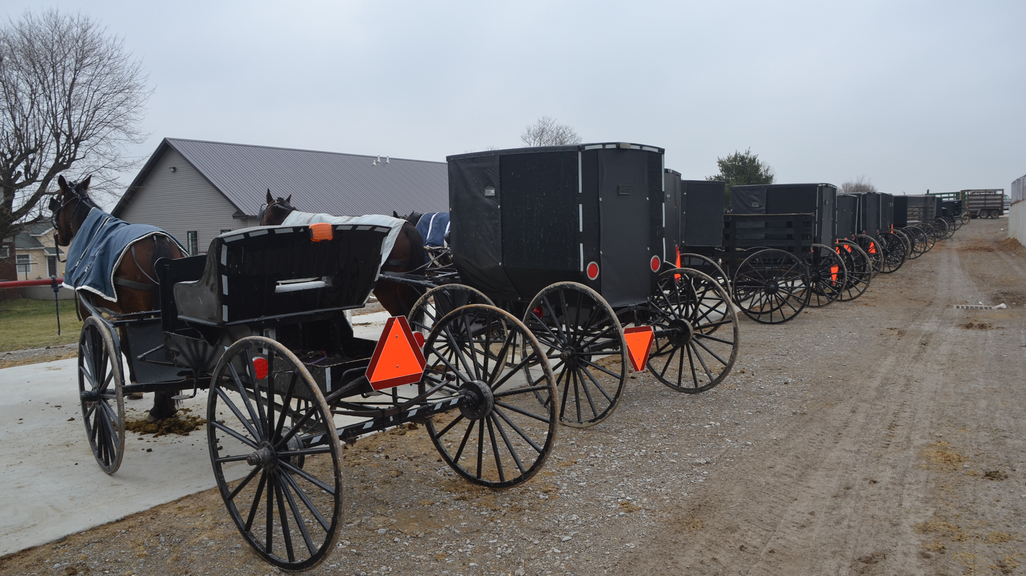Let Your Light Shine
OT Lesson: Psalm 96 (NIV)
Sing to the Lord a new song;
sing to the Lord, all the earth.
Sing to the Lord, praise His name;
proclaim His salvation day after day.
Declare His glory among the nations,
His marvellous deeds among all peoples.
For great is the Lord and most worthy of praise;
He is to be feared above all gods.
For all the gods of the nations are idols,
but the Lord made the heavens.
Splendour and majesty are before Him;
strength and glory are in His sanctuary.
Ascribe to the Lord, all you families of nations,
ascribe to the Lord glory and strength.
Ascribe to the Lord the glory due His name;
bring an offering and come into His courts.
Worship the Lord in the splendour of His holiness;
tremble before Him, all the earth.
Say among the nations, “The Lord reigns.”
The world is firmly established, it cannot be moved;
He will judge the peoples with equity.
Let the heavens rejoice, let the earth be glad;
let the sea resound, and all that is in it.
Let the fields be jubilant, and everything in them;
let all the trees of the forest sing for joy.
Let all creation rejoice before the Lord, for He comes,
He comes to judge the earth.
He will judge the world in righteousness
and the peoples in His faithfulness.
NT Lesson: Matthew 5:14-16 (NRSV)
You are the light of the world. A city built on a hill cannot be hidden. No one after lighting a lamp puts it under the bushel basket, but on the lampstand, and it gives light to all in the house. In the same way, let your light shine before others, so that they may see your good works and give glory to your Father in heaven.
Sermon
Parking Lot Announcement
Good morning! Before I begin the sermon, I need to address something that was mentioned in the Midweek, but it’s important to repeat. The parking lot attached to the black building across from the church playground is not available for our use. The owner of that property has informed us via email that any unauthorised cars parked there will be towed immediately, without warning or notice. I certainly don’t want that to happen to anyone!
So, please avoid parking in that lot. Starting today, I’ll be parking at the CVS lot, which means my spot right next to the church is available for anyone to use on Sunday mornings. I completely understand where the property owner is coming from—it’s his private property, and he has the right to decide how it’s used. If someone were parking in my driveway without permission, I wouldn’t be too happy either.
The property owner has offered us the option to rent his lot for $200 per Sunday. Our session will review and discuss this offer at our meeting next Tuesday. You are welcome to attend that meeting or share your thoughts with one of our elders beforehand.
Introduction
Last week was challenging for so many people, especially in Florida, as they were hit by Hurricane Milton. While still recovering from the previous hurricane, an even stronger one came through and caused significant damage. It’s heartbreaking to think about. I even felt a little guilty enjoying the beautiful weather here in Indiana, knowing that so many were suffering from this natural disaster.
There are countless people in Florida and neighbouring states who have been devastated and are in despair. Presbyterian Disaster Assistance (PDA) is actively responding to help those affected. If you’d like to contribute, you can mark your offering “PDA.”
But last week wasn’t all terrible. There was also some good news. Han Kang, a Korean novelist, was awarded the Nobel Prize in Literature! She’s only the second person from Korea to receive this honour and the first Asian woman to win the Nobel Prize for Literature. And here’s another bright spot: some people were treated to a rare sight of the Northern Lights, or Aurora Borealis, last Thursday night. A friend of mine in New Jersey also saw it. Aurora is such a fascinating phenomenon!
Puns in the Bible
Now, let’s turn to the Bible. In Matthew 5, we find Jesus delivering a long sermon. Jesus, of course, was not only a great preacher but also a master storyteller. To be a good storyteller, you need to create a smooth and natural flow in your narrative. The stories Jesus told were intended for people living in a very different time, place, and culture from our own. So, while we may need commentaries or explanations to understand everything, the original audience likely didn’t even notice shifts in topic or subject, because the transitions were so natural for them, given their shared background.
As I mentioned last Sunday, salt in the earthen ovens of that time acted as an igniter, starting the fire which emit light. For Jesus’ listeners, the movement from talking about salt to talking about light would have felt seamless. Today’s passage continues with a city built on a hill. For us, that might seem like a sudden shift, but it would have been another smooth transition for Jesus’ original audience.
In the Hebrew language, the words for “light” and “city” create a pun or rhyme. The word for light is אוֹר (Or), and the word for city is עִיר (Ir). Remember that last Sunday we read from Genesis, where God says, “Let there be light”? In Hebrew, that’s יְהִי אוֹר (Yehi Or). The city of David is עִיר דָּוִד (Ir David). We see similar puns in English, often used for humour. For example: “Why are Jewish people so good at business? Because they have lots of prophets.” Here, ‘prophets’ and ‘profits’ sound alike, making the pun. Another example: “Why do we call the Middle Ages the Dark Ages? Because there were so many knights.” This plays on the similarity between ‘knight’ and ‘night.’ Even the joke about Nacho cheese I shared a few weeks ago— “It’s nacho cheese because you didn’t buy it!”—works in the same way.
Likewise, Jesus uses a pun between the words for light and city. Unfortunately, these kinds of wordplays disappear in translation. If you could read the Bible in Hebrew, you’d find many puns and bits of humour that are often lost when translated into other languages. For the Jewish people listening to Jesus, the transition from salt to light and then to the city on a hill would have felt natural and perhaps even a little playful.
A City on a Mountain
After Jesus tells us that we are the salt of the earth and the light of the world, He adds that “a city on a hill cannot be hidden.” The Greek word Jesus uses for ‘hill’ here is ὄρος (oros), but there’s another Greek word, βοῦνος (bounos), that can also mean ‘hill.’ According to BDAG, the most comprehensive Biblical Greek dictionary, published by the University of Chicago, ὄρος is defined as “a high elevation of land, projecting higher than βοῦνος (hill),” which aligns more with our understanding of a mountain. Although hills and mountains are different, I won’t go into the details of that now.
For context, the elevation of Lebanon, IN, is 951 feet above sea level, just 220 feet higher than Indianapolis. But simply because Lebanon is higher than its surroundings, we wouldn’t call it a ‘city on a mountain.’ A few weeks ago, I mentioned Jericho, located near the Dead Sea, the lowest point on Earth. Jericho sits at 1,412 feet below sea level, while Jerusalem is 2,474 feet above sea level—making Jerusalem nearly 4,000 feet higher than its surrounding area. This difference becomes evident when you visit; after landing at Ben Gurion Airport, you most likely get on a sherut which then climbs steadily for about an hour until you reach the city. Jerusalem is, indeed, a city on a mountain, specifically Mount Zion. In Judea, many cities were built on mountains, as this made them easier to defend.
Even though Jesus refers to “a city,” most of His audience would have immediately thought of Jerusalem. That’s how associations work. When I lived in the suburbs of Chicago, people didn’t say, “I’m going to Chicago.” They would simply say, “I’m going to the city,” and everyone knew they meant Chicago. Similarly, in British Columbia, when people say “the island,” they mean Vancouver Island. No one bothers to specify; it’s just understood. In Israel during Jesus’ time, “the city” was almost always assumed to mean Jerusalem unless otherwise stated.
City and the Light
But it doesn’t really matter whether the city Jesus refers to is Jerusalem or not. The point is that it’s a city on a mountain, which would be very visible during the day. But what about at night? Have you ever seen a satellite image of the Korean peninsula at night? There’s no starker contrast than between North and South Korea. While South Korea shines brightly with lights, North Korea is almost entirely in darkness. Most of the light in the South comes from street lights, a relatively modern invention.
The first street lights weren’t electric but gas lamps. The first appeared on the streets of London in 1807. In the famous story of The Little Prince, the prince visits six planets before arriving on Earth, and the fifth one is home to a lamplighter who lights street lamps. Speaking of which, do you know which U.S. city had the first street gas lights? It was Baltimore, MD, on February 7th, 1817, ten years after London. And the first electric street lights? They were installed in Wabash, IN, on March 31st, 1880. The city of Aurora, IL, where I used to live, became the first U.S. city to implement an all-electric street lighting system in 1881, and since then they proudly call themselves a city of light.
Before street lights, however, the world was much like North Korea is today—completely dark at night. In those times, even a small light could be seen from a great distance. You couldn’t miss it. I experienced this first-hand during my time in the army at the DMZ, the border between North and South Korea. The zone is off-limits to civilians, and there are no lights at all. In the barracks, we had black-out curtains over all the windows. When I was on guard duty at night, it was pitch black—I literally couldn’t see a thing. But if someone accidentally touched the curtain, even the tiniest bit of light escaping was immediately noticeable, even from far away. Just like Jesus said, a light at night cannot be hidden, especially if it’s set on a mountain.
The Purposes of the Light
As we head toward winter, I’ve noticed that the sun rises later and sets earlier each day, which means I find myself driving in the dark more often. When I drive at night, my car automatically turns the headlights on—unlike my previous cars, where I had to do it manually. I’m sure all of you use your headlights at night too. Headlights allow us to see better, which is one of their primary purposes.
However, one downside of night driving is encountering drivers who use their high beams, which can be blinding. It’s incredibly frustrating. While some courteous drivers lower their beams when they see oncoming traffic, there are plenty who don’t. On bad nights, it can feel like half the cars on the road are shining high beams directly into my eyes. This not only makes it harder to see, but it’s also dangerous and, in many places, illegal. Sometimes, I find myself wishing their headlights would burn out! These drivers want to see better for themselves, but they don’t seem to care if their bright lights blind others and make driving more hazardous.
But there’s another important purpose for headlights—can you guess what it is? It’s to be seen. In Canada, headlights are mandatory even during the daytime. In the U.S., most states (if not all) require headlights during rain or adverse weather. But why? On a rainy day, I can usually see just fine without headlights. The reason headlights are mandated in bad weather isn’t just about helping you see—it’s about making sure others can see you. On a rainy or foggy day, without headlights, other drivers might not notice your vehicle until they’re dangerously close. Being seen is crucial for preventing accidents.
You’re probably familiar with Amish communities. I’ve encountered Amish people in various places, and I’ve seen different levels of technology use among them. For example, I once saw Amish vendors in Chicago using iPhones with credit card readers, at a time when I was still using a flip phone! But in Lawrence County, IN, the Amish don’t use electricity at home and rely on candles. They also drive all-black buggies, and they don’t use reflectors on them. The problem is that at night, their buggies are nearly invisible, which has led to numerous car accidents. I’ve had several close calls myself.
Interestingly, the Amish I met in Rochester, IN, had equipped their buggies with four car headlights powered by car batteries—two on the front and two on the back. If we call the front ones headlights, are the back ones butt-lights? They don’t use these lights to see better for themselves; they use them to be seen by other drivers. Even the rear lights are there to make sure others can see them, especially at night.
Let Your Light Shine
This is why Jesus tells us to let our light shine. When our light shines, it’s not for us to see—it’s for others to see us. Jesus is essentially saying that when we do something good, we shouldn’t hide it, but show it off. We need to share it with others, publicly and openly. Just like a city on a hill cannot be hidden, our good works should not be hidden either. We must lift them up so that everyone can see the good we are doing. We should blow trumpets on the streets and the square.
For example, when we help the Caring Center, we should make it known to the community. When we support the Women’s Shelter in town through Live for Life Indiana, we should spread the word. PPM is our ministry, and we should proudly share that with our neighbours. Jesus clearly says, “Let your light shine before others, so that they may see your good works and give glory to your Father in heaven.”
If we don’t let our good works be seen, how will others know about them? And if they don’t know, how can they give glory to God? Letting our light shine is not about drawing attention to ourselves, but about pointing others toward God through the good we do.
Left and Right Hand
“Hold on, preacher!” some of you may say, “Have you ever read Matthew 6, where Jesus says, ‘When you give to the needy, do not let your left hand know what your right hand is doing’?” That’s absolutely true. Jesus does teach us this, urging, “When you give to the needy, do not announce it with trumpets, as the hypocrites do in the synagogues and on the streets.” So, am I contradicting Jesus’ teaching? How can I call myself a Christian, let alone a preacher, if that’s the case?
Well, we need to look closely at the difference between these two passages of Scripture. The purposes behind the actions are different. In today’s New Testament lesson, the goal of our good deeds is to lead others to glorify our Father in heaven. But in Matthew 6, the focus of the hypocrites’ actions is themselves—they’re seeking personal honour and recognition from others.
In our Old Testament lesson today, God commands us not only to sing to the Lord, but also to declare His glory among the nations and His marvellous deeds among all peoples. The focus, once again, is on God, not us. Similarly, the Apostle Paul urges us time and again in his letters to edify and build up the church. So, while we do good works, we must be careful not to direct the spotlight toward ourselves.
We shouldn’t say, “I support the Caring Center,” as if seeking praise. Instead, we should give all the glory to God and the church. We might say, “The Presbyterian Church supports the Caring Center,” so that people recognise the church’s work and, ultimately, God’s work through us. Ideally, others will say, “The Presbyterians are doing this or that. They’re such wonderful people of God.” In this way, the attention isn’t on us, but on God and on the church.
Be Careful
I mentioned earlier how some drivers use high beams that blind me, and how frustrating that can be. I’m not alone in this—many other drivers get upset by high beams as well. Sometimes, when we shine too much light, it can have the opposite effect of what we intend.
Take, for example, some environmental activists. Now, I fully agree that we are facing a climate crisis and that humanity needs to take action. But some activists take things to the extreme. They vandalise artwork, block roads, and disrupt public spaces. I saw a video of activists at the Volkswagen museum in Germany who vandalised displays and shouted at people. When security tried to remove them, they glued their hands to the floor and to the displays, protesting against the use of gas and petroleum. When the museum closed for the day, the employees locked the doors and left, following the activists’ demand not to use any gas by turning off the heaters. Ironically, the activists were not happy and later sued the museum for mistreatment because the heaters had been turned off!
Their cause is just, but their methods are like using high beams—they only irritate people and turn others against them. The way they shine their light ends up working against their own message.
In the same way, when we let our light shine as Christians, we need to be mindful not to “high beam” others. Our light should guide and inspire, not blind or frustrate. We want our good works to lead people to glorify God, not to push them away.
Conclusion
Friends, just as many of us marvelled at the Northern Lights and praised God for such a breathtaking display of light, we, too, can inspire others to praise God through the light we shine. When we see light, we instinctively give glory to its source. In the same way, let us carefully and thoughtfully share the good works we do in the name of this church and our Saviour, so that others may see and be drawn to glorify our Father in heaven. May our lives reflect His light and lead others to join us in praising God. Amen.

















Comments
Post a Comment